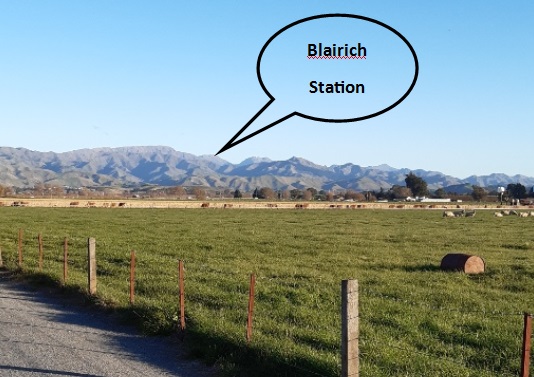Pasture Newsletter
- Benefits of Sunflowers!
- Crimson clover
- Seed Newsletter- Spring 2024
- Spring sowing options!
- Kraken Forage Barley option grows
- Plant tannins for bloat control- Jan 2024
- Seed Newsletter December 2023
- Autumn Recovery for Lucerne
- Forage Barley – The Superior Multi-Graze Cereal Forage
- Clovers for Re-Sowing Slips
- December 2021
- Multispecies Forages as Alternatives to Perennial Ryegrass
- The Benefits of Annual Clovers and Hard Seededness
- July 2021
- Remarkable Rubitas Results June 2020
- Marlborough Popcorn Harvest 2020
- Blairich visit June 2019
- January 2019
- May 2018-2
- May 2018
- March 2018-3
- March 2018-2
- March 2018
- February 2018
- November 2017
- April 2017
- March 2017
- February 2017
- January 2017
- December 2016
- December 2016 2
- June 2016
- March 2016
- November 2015
- June 2015
- March 2015
- December 2014
- November 2014
- January 2014
- December 2 2013
- December 2013
- November 2013
- October 2013
- Farm Brochure
Main Newsletter
Blairich visit June 2019

Friday, June 14, 2019.
Thanks to Tom Small, I enjoyed a short visit to Blairich Station on Friday afternoon.
For some years now Blairich Station, under the present ownership, have steadily changed the make up of their pastures to better fit merino sheep and Marlborough’s dry climate.
Fescues, cocksfoot, sub clover, plantain, chicory, and in the past few years some top flowering annuals, balansa and arrowleaf clover.
All these species can be found within the sward, of particular interest being the arrowleaf clover, whilst present the numbers were not high, Mt Barker sub clover being the dominant legume on show. Rated as very soft seeded and replaced by more persistent cultivars, I would question the decision as Mt Barker at Blairich is very much a resident, sown 50 years ago, what more do you need.
Top flowering annuals are very productive, but require hot summer days (Feb) to soften the naturally hard seed content. Management can assist this process, select a few fields in a rotation, overly graze mid summer (Feb), bare the soil, raise the temp at ground level, this will greatly assist plant numbers in the autumn and insure the coming growing season.
In a temperate climate no single plant will provide for 4 seasons, but a combination of plants go a long way toward this, that is, mixed species pastures, the evidence is building.
Bruce
January 2019
Koromiko Spring Pasture
Winter 2018, I received a request from a Koromiko dry stock farmer to inspect his property near Picton. This to overlook his poorly performing pastures sown from seed purchased off Kiwi Seed, autumn 2018.
May 2018-2
Silage results Maize vs Maize/Sunflower. Well, well, well what a result, it is better than expected..
May 2018
Maize clover project Koromiko 2018
February 2018 - 2nd season of trials flying clovers over maize for early establishment mid Feb 2018.
